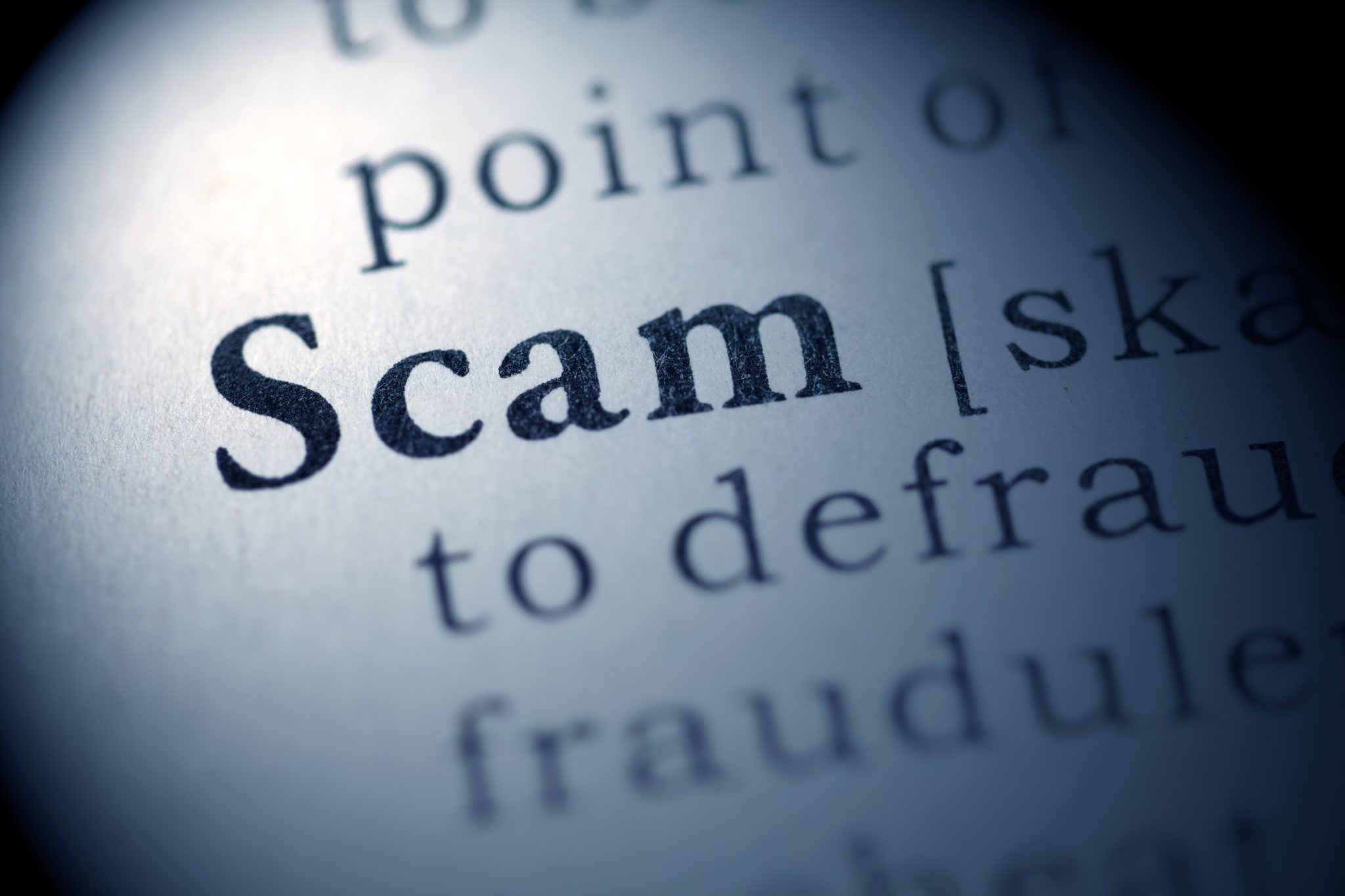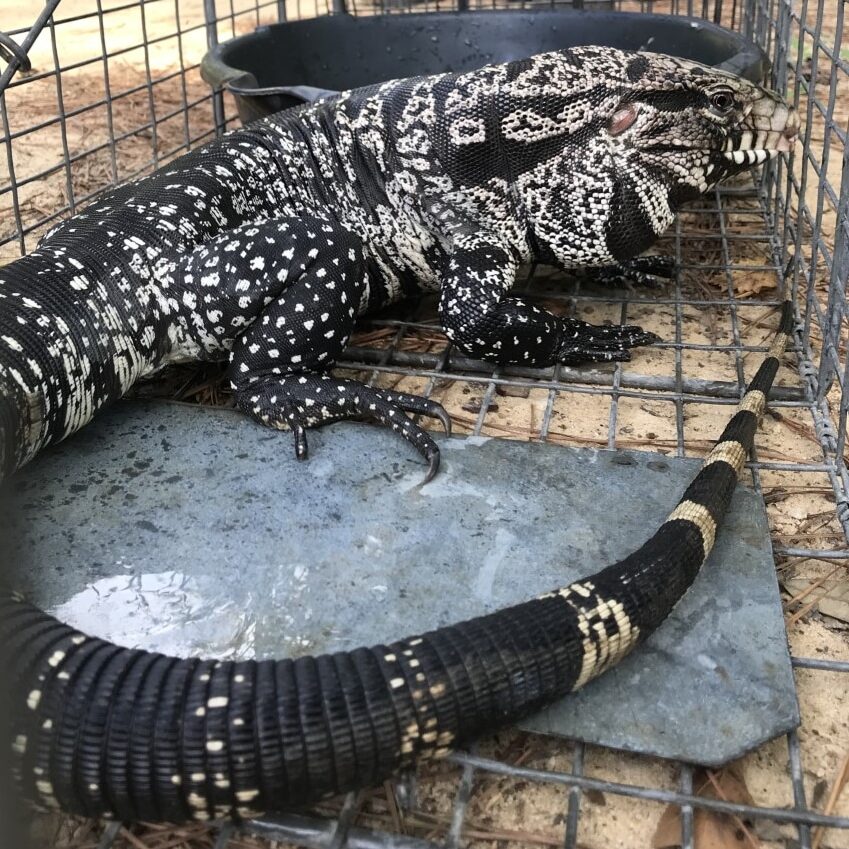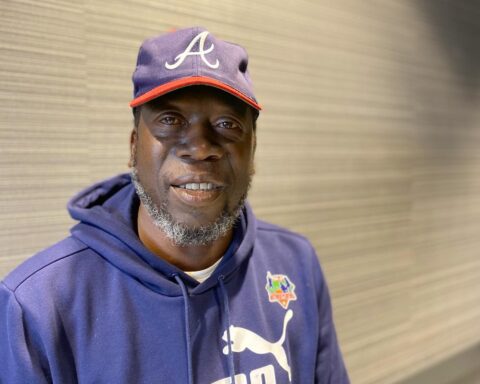State officials are worried that fake charities and other scams may sprout up in the wake of Hurricane Laura and have offered the following tips for how to avoid those scams.
Research charities before you contribute. A number of online resources can help you research charities. The Better Business Bureau, the Better Business Bureau Wise Giving Alliance, GuideStar, Charity Navigator, and Charity Watch provide detailed information about non-profit organizations. Also, take time to review the organization’s own website.
Take the time to make sure that your money is really going to help those in need. Ask how much of your donation will go to the cause. The percentage of your contribution that a charity spends on fundraising activities, employee salaries, or expenses which do not directly support the charity’s stated mission varies greatly by organization.
Be wary of telephone solicitors asking for contributions. If you are solicited by phone, ask the individual to put the request in writing and provide detailed information and material about the charity and its program. Also, ask if the person conducting the solicitation is a volunteer or a paid fundraiser for that charity.
Never give your credit card, debit card, or bank account information to a telephone solicitor. Be particularly cautious of couriers willing to rush out to your home or business to pick up your contribution. Avoid sending cash donations. Donate by credit card or check directly to the charity. Do not make payments to individuals.
If a tax deduction is important to you, make sure the organization has a tax-deductible status with the Internal Revenue Service. “Tax exempt,” “non-profit,” and “tax-deductible” are not synonymous. Only “tax-deductible” means your contribution is deductible on your income tax return. If you contribute to a charity, make sure you get a receipt which shows the amount of your contribution and states that the contribution is tax-deductible. The IRS has a searchable database (“Exempt Organizations Check”) of organizations eligible to receive tax-deductible charitable contributions.
Not all organizations with charitable-sounding names are actually charities. Many organizations adopt names confusingly similar to well-known charities. Be sure you know exactly who is asking for your contribution. Sites like Charity Navigator can provide you a list of a charities that have a history of working on massive disasters.
“Together, we continue to extend our thoughts and prayers to the victims of this powerful storm, and we ask Georgians who are able to consider lending a helping hand to those in need. Sadly, the circumstances are ripe for bad actors to attempt to defraud members of the public and rob legitimate charities of desperately needed support. We advise everyone to research entities seeking funds for disaster relief victims to ensure donations are used for the promised charitable purposes,” said Georgia Governor Brian Kemp.
Disclosure: This article may contain affiliate links, meaning we could earn a commission if you make a purchase through these links.






